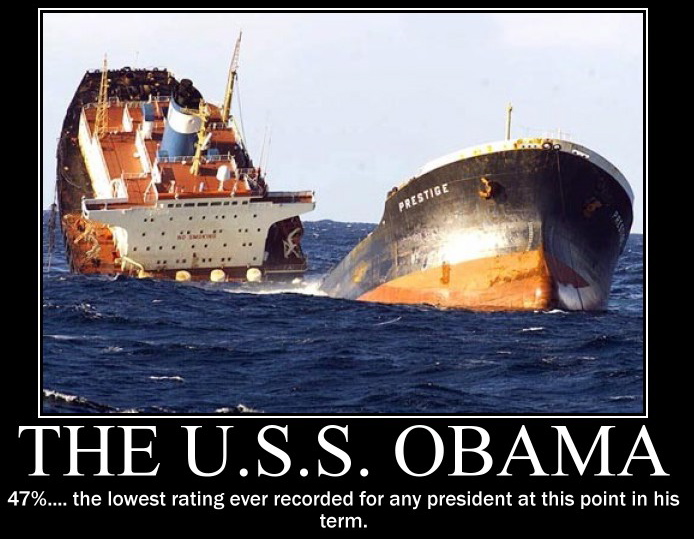
12.06.2011 - 5:58 PM
As expected, President Obama attempted to reclaim the mantle of Theodore Roosevelt in his speech on economic policy in Osawatomie, Kansas. The crux of his address was a comparison of our current situation to that of 1910 when Theodore Roosevelt journeyed to the same town. According to the president, the current downturn is analogous to that of a century ago when the national transformation from a largely agricultural to an industrial economy took place. He sees his own demand for higher taxes on upper income Americans and his party’s ferocious defense of the status quo on entitlement spending as no different from TR’s call for the government to act to ensure fairness for workers who lacked rights and protection at a time when there was virtually no regulation of industry or Wall Street.
But the differences between 1910 and 2011 are even greater than the vast chasm that separates Obama from the Rough Rider. The only thing the situations have in common is that in both years there were protesters in the streets. But whereas a century ago, workers and the poor had a legitimate beef, today’s Occupy Wall Street protests are a function of envy and a sense of entitlement, not genuine grievance.
Obama is right when he says Roosevelt was called a socialist and a communist for his manifest of a “new nationalism.” But Roosevelt was not an opponent of the free market. His objective was to save capitalism from the capitalists whose goal was largely the destruction of the free market and its conversion into a network of monopolies. While TR understood that some concentration of capital was inevitable in a free economy, he believed the coming American century required the nation to adopt measures that would ensure basic fairness for all citizens. Obama believes the 2008 economic crackup requires a similar overhauling of the system, and along those lines, he has given us a stimulus and Obamacare, a vast expansion of government power that bears no resemblance to what Roosevelt believed necessary to create his “Square Deal.”
Yet unlike 1910, the problem today is not that the government is too small and lacks the power to check the excesses of the market. It is that its power is so vast. Today’s federal government is a leviathan whose boot is pressed upon the throats of both individuals and corporations; it consistently deprives our free marketplace the oxygen it needs to thrive and grow. Obama began his speech by speaking of the mortgage debacle that triggered the 2008 collapse but failed to mention the bad debts were largely caused not by an untrammeled free market that begged for more regulation but by government intervention that demanded loans be given to those who could not possibly pay them off. Those who occupy our streets demanding a bigger government and more entitlements may have Obama’s sympathy. But they are out of touch with both economic reality and the sentiments of most taxpayers.
The great dilemma facing the nation is not the grinding poverty of 1910, when no safety net was available. It is the enormous debt that has been created by a system of entitlements that will bankrupt the nation. The middle class Obama says he wants to save will be crushed by that debt. But Obama has ridiculed proposals to reform the system and harps instead on raising taxes on the wealthy, a measure that will kill job creation while doing virtually nothing to fix the problem.
Roosevelt’s proposals in 1910 were an attempt to head off the coming of class warfare that he rightly believed would destroy American liberty if the choice before Americans were only that of J.P. Morgan’s worldview or that of leftist radicals. By contrast, Obama’s political agenda consists of precisely the sort of class war rhetoric TR despised. Obama and his cheering section in the mainstream press may think he is channeling the 26th president. But Roosevelt would have had no patience for either his economic strategies or his vision of America’s place in the world.



